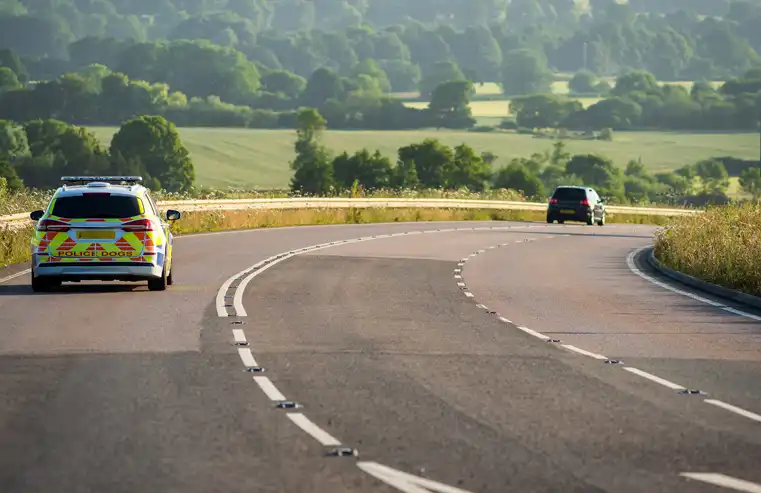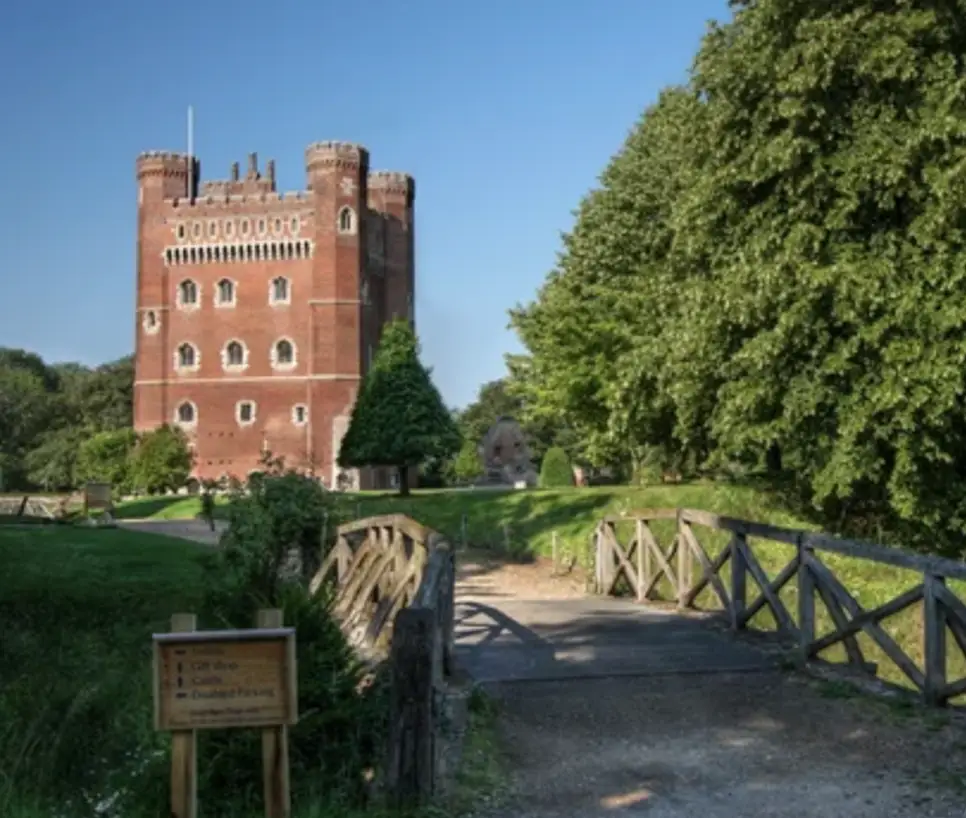North Lincolnshire is a unitary authority in the historic county of Lincolnshire, England. It lies to the north of its neighbour, South Kesteven, and to the south of East Riding of Yorkshire. North Lincolnshire has a population of 166,000 people and is made up of five main towns - Barton-upon-Humber, Brigg, Crowle, Scunthorpe and Winterton.
Prehistoric Times
Evidence suggests that human activity in North Lincolnshire dates back as far as the Mesolithic period (10 000 – 4000 BC). Finds include flint tools at Horkstow near Barrow upon Humber, a palaeolithic hand axe at Winterton and Neolithic flint tools in the vicinity of Messingham.
Roman Times
In Roman times Lincolnshire was divided into two provinces – Flavia Caesariensis to the south and Flavia Latina to the north. Evidence suggests that there may have been a Roman settlement at Barton-upon-Humber where they are thought to have crossed the Humber Estuary by ferry. The Romans left behind various artifacts including coins, pottery, jewellery and even building foundations.
Anglo-Saxons
The Anglo-Saxon period (410 – 1066) saw the area divided into two major areas: Lindsey to the north and Kesteven to the south. The area of North Lincolnshire covered parts of both and was known as ‘Langrage’ or ‘Longridge Wapentake’, derived from Old English for a district under its own laws.
Norman Times
In 1086, William the Conqueror commissioned the writing of the Domesday Book which recorded information about every piece of land in England. At this time North Lincolnshire was split between two lordships; Roger de Busli held Barton-upon-Humber and Epworth while William de Warenne held the land that would become Scunthorpe and Crowle. The area soon became part of the Honour of Bolingbroke, a large estate which was built up by Henry II.
The Middle Ages
In 1337 Edward III declared war on France which led to a period known as the Hundred Years War (1337 – 1453). During this time North Lincolnshire saw an influx of population as people fled from other areas to avoid being conscripted into military service. This growth continued until the late 15th century when it is estimated that between 10% and 20% of the population died due to famine or disease.
The Early Modern Period
By the early 16th century North Lincolnshire had become a predominantly agricultural area. The enclosure of common land and the introduction of new farming methods led to increased productivity and population growth. By the mid-17th century, almost all of the area was under cultivation.
Industrial Revolution
In 1836 iron ore was discovered in North Lincolnshire which prompted an industrial boom in the area. The newly formed Scunthorpe Iron Company built several blast furnaces and forges which produced iron products such as railway lines, ships' anchors and armour plating.
Modern Times
The last hundred years have seen the area become increasingly urbanised. The post-war period saw a significant increase in population and the construction of new industries, housing estates, schools and leisure facilities. Today North Lincolnshire is a diverse, vibrant and prosperous area.
 Wills from £204
Wills from £204
 Probate
Probate
 Motoring Offences
Motoring Offences
 Criminal Defence
Criminal Defence













